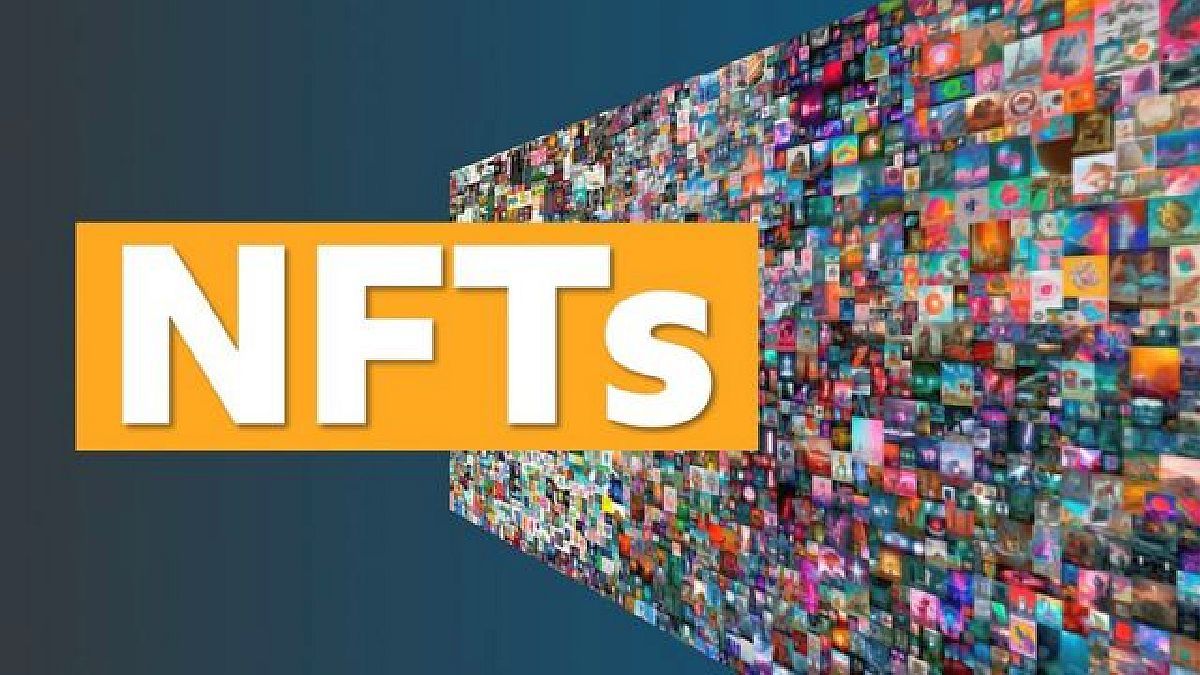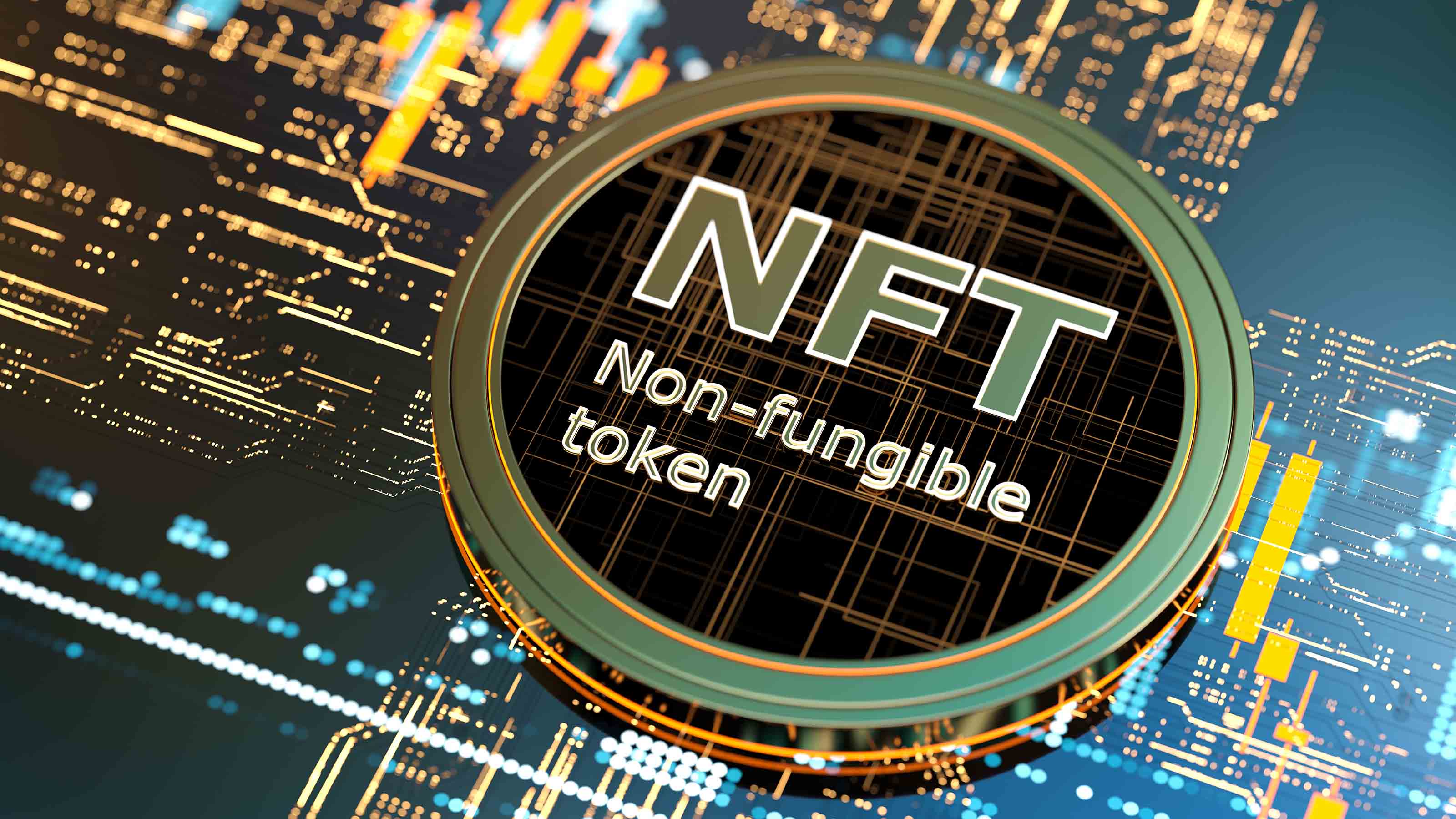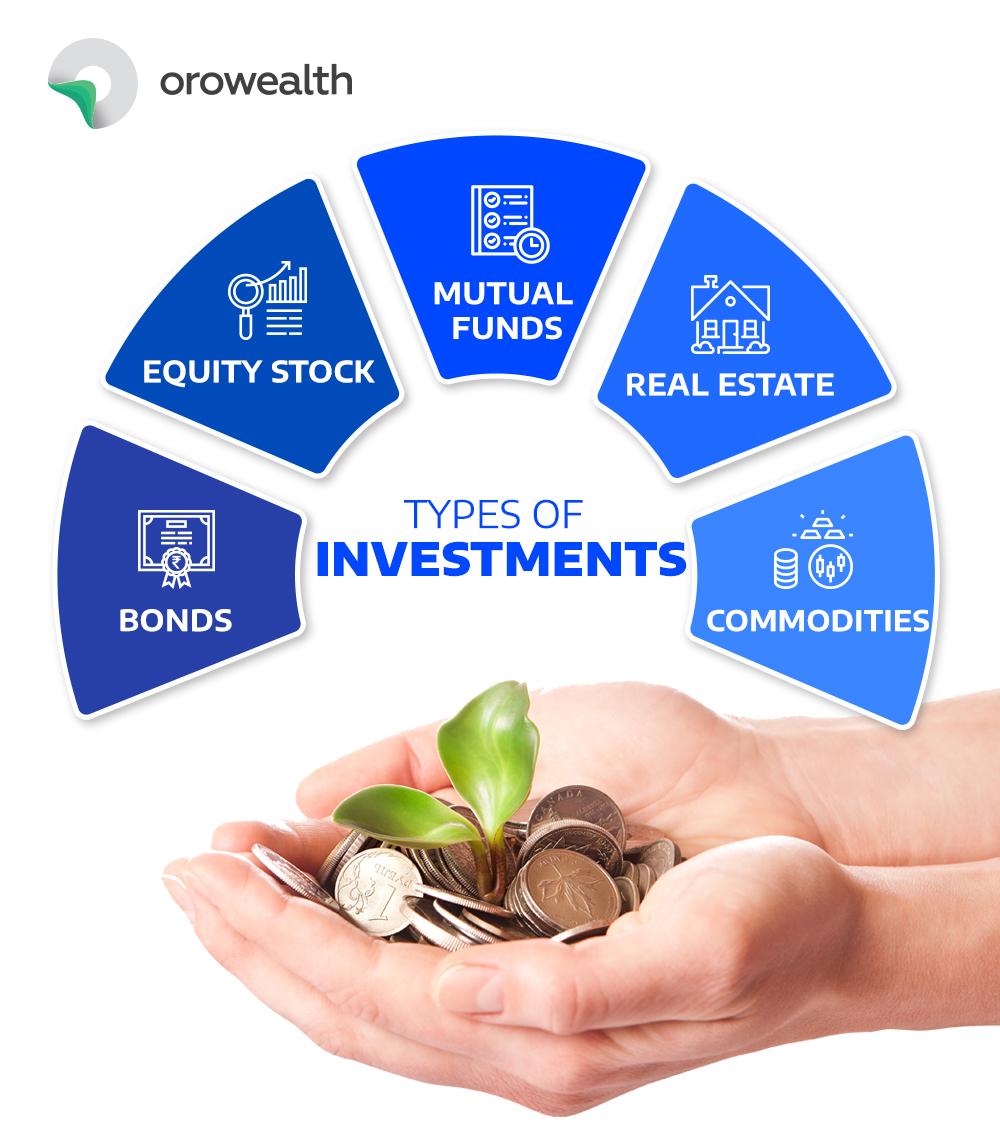
NFT Investing for Beginners: A Comprehensive Guide
Non-Fungible Tokens (NFTs) have exploded onto the scene, transforming the digital landscape and capturing the attention of artists, collectors, and investors alike. The prospect of owning unique digital assets has drawn many into the NFT space, but navigating this new frontier can be daunting, especially for beginners. This guide provides a comprehensive overview of NFT investing, covering the basics, risks, strategies, and resources you need to make informed decisions.
What are NFTs? Understanding the Basics
At its core, an NFT is a unique digital asset that represents ownership of a specific item or piece of content. "Non-fungible" means it’s unique and cannot be replaced with something else. Think of it like a one-of-a-kind painting – there’s only one original.
Unlike cryptocurrencies like Bitcoin, which are fungible (one Bitcoin is interchangeable with another), each NFT is distinct. This uniqueness is recorded on a blockchain, a decentralized and secure digital ledger. This blockchain record verifies the NFT’s authenticity, ownership, and transaction history, making it difficult to counterfeit or duplicate.
NFTs can represent a wide range of digital and even physical items, including:
- Digital Art: Images, animations, and digital paintings.
- Music: Songs, albums, and exclusive audio content.
- Virtual Real Estate: Plots of land in virtual worlds.
- Collectibles: Digital trading cards, memorabilia, and virtual pets.
- In-Game Items: Weapons, characters, and other assets in video games.
- Domain Names: Unique and memorable web addresses.
- Tickets: Event tickets that can’t be easily counterfeited.
Why are NFTs Valuable? The Driving Forces
The value of an NFT is subjective and determined by several factors:
- Rarity: The scarcer an NFT is, the more valuable it tends to be. Limited editions or unique attributes increase rarity.
- Utility: Does the NFT grant access to exclusive content, communities, or experiences? Utility can significantly boost value.
- Provenance: The history of ownership and creation can add value. NFTs created by renowned artists or with significant historical connections are often highly sought after.
- Community: A strong and active community surrounding an NFT project can drive demand and increase value.
- Aesthetics: The visual appeal and artistic quality of an NFT play a role in its desirability.
- Speculation: Like any investment, speculation about future value can drive prices up or down.
- Creator: NFTs created by well-known or respected artists, brands, or personalities tend to command higher prices.
Getting Started with NFT Investing: A Step-by-Step Guide
-
Educate Yourself: Before diving in, spend time learning about NFTs, blockchain technology, and the specific marketplaces you’re interested in. Read articles, watch videos, and follow experts in the field.
-
Choose a Blockchain: Most NFTs are built on the Ethereum blockchain, but other blockchains like Solana, Tezos, and Flow are also gaining popularity. Consider the transaction fees (gas fees) and the types of NFTs available on each blockchain.
-
Set up a Cryptocurrency Wallet: You’ll need a cryptocurrency wallet to store your NFTs and cryptocurrencies. Popular options include MetaMask, Trust Wallet, and Ledger (for hardware wallets). Make sure to choose a wallet that supports the blockchain you’ve chosen.
-
Purchase Cryptocurrency: You’ll need cryptocurrency (typically Ether (ETH) for Ethereum-based NFTs) to buy NFTs. You can purchase cryptocurrency from reputable exchanges like Coinbase, Binance, or Kraken.
-
Select an NFT Marketplace: NFT marketplaces are platforms where you can buy, sell, and trade NFTs. Popular marketplaces include:
- OpenSea: The largest NFT marketplace with a wide variety of NFTs.
- Rarible: A community-governed marketplace focusing on digital art.
- SuperRare: A curated marketplace for high-end digital art.
- Nifty Gateway: Known for its exclusive NFT drops and collaborations with prominent artists.
- Foundation: A platform for emerging and established artists.
-
Research NFT Projects: Thoroughly research any NFT project before investing. Look into the team behind the project, the roadmap, the community, and the utility of the NFTs. Read the project’s whitepaper (if available) and join their Discord or other social media channels.
-
Make Your First Purchase: Once you’ve found an NFT you’re interested in, connect your wallet to the marketplace and follow the instructions to purchase the NFT. Be mindful of gas fees, which can fluctuate depending on network congestion.
-
Secure Your NFTs: Protect your NFTs by securing your cryptocurrency wallet. Use a strong password, enable two-factor authentication (2FA), and consider using a hardware wallet for added security.
Risks of NFT Investing: Be Aware of the Downsides
NFT investing is not without risks. It’s crucial to understand these risks before investing any money:
- Volatility: The NFT market is highly volatile, and prices can fluctuate dramatically. You could lose a significant portion of your investment.
- Lack of Liquidity: It can be difficult to sell NFTs quickly, especially if they are not in high demand.
- Fraud and Scams: The NFT space is susceptible to scams, including fake NFT projects, phishing scams, and rug pulls (where the project creators abandon the project after raising funds).
- Security Risks: Cryptocurrency wallets are vulnerable to hacking and theft.
- Valuation Challenges: Determining the true value of an NFT can be challenging due to the subjective nature of the market.
- Regulatory Uncertainty: The regulatory landscape for NFTs is still evolving, and changes in regulations could impact the value of your NFTs.
- Environmental Concerns: Some blockchains, like Ethereum (prior to the merge), have high energy consumption, raising environmental concerns. Proof-of-Stake blockchains like Solana are significantly more energy efficient.
Strategies for NFT Investing: Smart Approaches
- Diversification: Don’t put all your eggs in one basket. Diversify your NFT portfolio by investing in different projects and asset classes.
- Due Diligence: Thoroughly research any NFT project before investing.
- Start Small: Begin with small investments to get a feel for the market.
- Focus on Utility: Look for NFTs with real-world utility or access to exclusive communities or experiences.
- Long-Term Perspective: Consider NFTs as a long-term investment rather than a get-rich-quick scheme.
- Stay Informed: Keep up with the latest news and trends in the NFT space.
- Secure Your Assets: Protect your NFTs by using a secure cryptocurrency wallet and practicing good security habits.
- Consider Fractionalization: Investing in fractions of high-value NFTs can lower the barrier to entry and diversify your portfolio.
Resources for NFT Beginners
- NFT Marketplaces: OpenSea, Rarible, SuperRare, Nifty Gateway, Foundation.
- Cryptocurrency Exchanges: Coinbase, Binance, Kraken.
- Cryptocurrency Wallets: MetaMask, Trust Wallet, Ledger.
- NFT News and Information Sites: Decrypt, CoinDesk, The Block.
- NFT Communities: Discord, Twitter, Reddit.
Conclusion
NFT investing offers exciting opportunities but also carries significant risks. By understanding the basics, conducting thorough research, and employing sound investment strategies, beginners can navigate the NFT space with greater confidence. Remember to start small, stay informed, and prioritize security. The key to success in NFT investing is to approach it with a long-term perspective and a willingness to learn and adapt to the ever-evolving landscape. Good luck, and happy investing!



